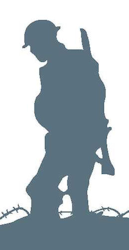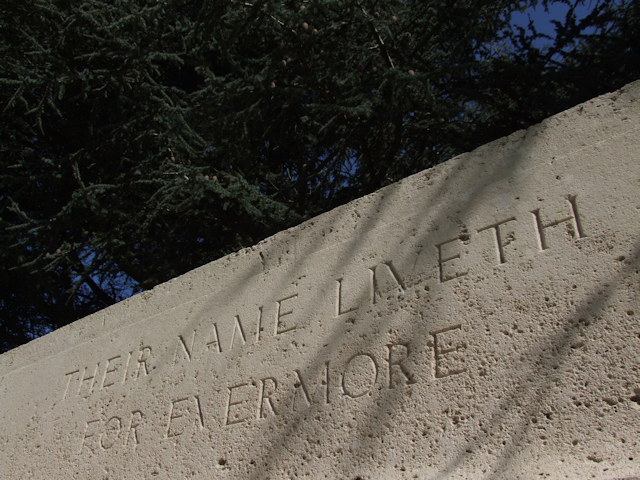Name
Bernard Child
21st April 1886
Conflict
First World War
Date of Death / Age
01/11/1914
28
Rank, Service Number & Service Details
Engineer Lieutenant
Royal Navy
H.M.S. Monmouth
Awards: Service Medals/Honour Awards
1914 /15 Star, British War and Victory medals
Cemetery/Memorial: Name/Reference/Country
PLYMOUTH NAVAL MEMORIAL
Panel 1.
United Kingdom
Headstone Inscription
NA
UK & Other Memorials
Sawbridgeworth Town Memorial,
Great St Mary’s Church Memorial, Sawbridgeworth
Pre War
Bernard was born on 21st April 1886 in Tottenham, Middlesex and was the son of Ernest and Ellen Child (née Carpenter), of Ivy Villa, Beltinge Rd., Herne Bay, Kent.
He was one of six children, The censuses reveal that in 1891 he and two brothers were living with a relative at 20 High Street, Herne Bay, Kent. By 1901 the family were living at White Lodge, London Road, Newport, Saffron Walden, Essex. He joined the Royal Navy on the 4th August 1905 aged 19. By 1911 he was an Engineer Lieutenant in the Royal Navy aboard HMS Neptune - a Dreadnought’ Battleship. Described as a zealous and capable officer of very good judgement. He joined the ships company of HMS Monmouth on the 2nd August 1914. This ship has been described as an obsolete Armoured Cruiser HMS Monmouth. This ship was crewed mainly by Reservists and Coastguard volunteers, it thus appears that Bernard’s transfer was an attempt to give some experience to the crew.
Wartime Service
HMS Monmouth was sent to join the British 4th Cruiser Squadron under Rear Admiral Sir Christopher Cradock KCVO, CB, hunting for the German East Asia Squadron under Admiral von Spee, which consisted of 5 modern Cruisers.
Although brave and a solid commander, Admiral Cradock was not the most capable. Furthermore, he was given contradictory and confusing orders from the Admiralty in London. Also, the German Squadron was vastly superior in both men and materiel.
On 1 November 1914, the British found the Germans, but instead of withdrawing, engaged them at the what would become the Battle of Coronel.
This battle took place off the coast of Chile on the night of the 31st Oct/1st Nov 1914. During this engagement the German ship Scharnhorst, engaged HMS Good Hope while Gneisenau fired at Monmouth. The German shooting was very accurate, with both armoured cruisers quickly scoring hits on their British counterparts. One shell from Gneisenau blew the roof off Monmouth?’s forward turret and started a fire, causing an ammunition explosion that completely blew the turret off the ship. Severely damaged, Monmouth began to slow and veered out of line. HMS Glasgow broke contact with the German squadron at 20:05 and discovered Monmouth, listing and down by the bow, having extinguished her fires, 10 minutes later. She was trying to turn north to put her stern to the heavy northerly swell and was taking water at the bow. There was little that Glasgow could do to assist the larger ship as the moonlight illuminated both ships and the Germans were searching for them. The light cruiser Nürnberg had been trailing the German squadron and spotted the plume of smoke from Glasgow at 20:35, and then saw Monmouth with a 10-degree list to port shortly afterwards. As Nürnberg closed the range, Monmouth’s list increased so that none of the guns on her port side could be used. The German cruiser closed to within 600 yards and illuminated her flag with its spotlight in the hopes that she would strike her colours and surrender. There was no response from the British ship and Nürnberg opened fire at 21:20, aiming high, but there was still no response. The German ship then fired a torpedo which missed and turned off its searchlight. Monmouth then increased speed and turned towards Nürnberg, which caused her to open fire again. Monmouth capsized at 21:58, taking her entire crew of 735 men with her as the seas were too rough to attempt any rescue.
It was the first defeat suffered by the Royal Navy for over 100 years. This defeat was to be avenged on the 8 December that year, when the Admiralty finally sent a superior fleet in the form of 2 Battlecruisers to the area, resulting in the Battle of the Falklands and the destruction of the German ships.
Bernard Child was aged 28. He is also named on the Plymouth Naval Memorial on The Hoe.
Additional Information
His Will, dated 12th May 1915, gives his home address as Orchard House, Sawbridgeworth, Herts. which was where his family had moved to in 1911.
His brother David Leslie also died in the Great War.
Acknowledgments
Paul Johnson, Stuart Osborne, Douglas Coe



